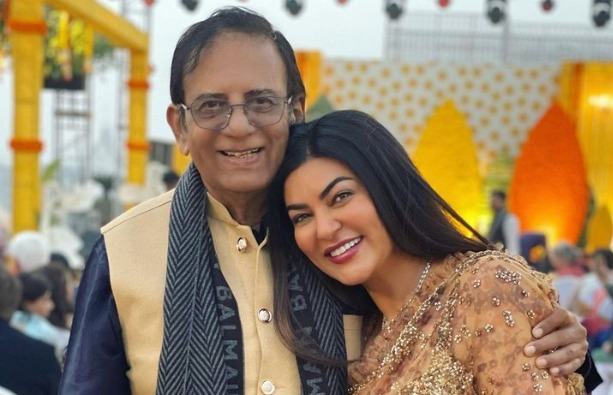Taking the example of his character of a 50-year-old professor in Harami, who trains a gang of poor young kids to pick pocket in trains and train stations in Mumbai, Hashmi says, “I don’t think I would’ve been given a role of such an aged guy sporting salt and pepper hair, glasses etc in a regular commercial film. That’s not how those scripts are penned. So along with enjoying my mainstream journey, l love dabbling in other kind of cinema… And that’s when I do a Tigers, or a Harami and step out of the regular trappings of Bollywood.”
Hashmi continues and says that sometimes these limitations in the industry don’t let an actor experiment much.
“You generally get labelled and are seen in sync with certain kind of films. If you’re doing commercial films you’re bound to follow certain commercial dictates. You might play different characters in different genres but you still are a Hindi film hero so to say. You can’t really push the envelope too much,” he explains.
He recalls that when he did Shanghai, he was told that after having done successful films this move might affect his career.
“But as a performer I need to gratify my creative itch. And every time I get a good opportunity I don’t let it go, even though some of these are niche films. I enjoy this process. Because when I go back to commercial cinema, I go back refreshed. So I think it’s important to break the rules, stereotypes and do something outside of the boundary. I’m not saying those who aren’t doing it, are doing wrong, but that’s how I see it,” adds Hashmi, who’s upcoming films include Mumbai Saga, Chehre, Sab First Class Hai and Ezra.
While the response from the viewers is kept in highest regards, the actor doesn’t choose films thinking “how the audience will react”.
“I choose projects instinctively. All my upcoming films are different and explore varied genres. If I feel a story is important and needs to be told and I would be proud associating with it, I take it up. I know some actors only see commercially viability and there is nothing wrong with that. But I think differently… I want to have that balance, I want to do a bit of both,” he shares.
So is this bent towards parallel and independent cinema conscious, given that this might also help him move away from the’ serial kisser’ tag given to him?
“We all are victims of some perceptions, which of course don’t represent who we are as people. Sometimes you’ve to play up to a certain image because the audience wants to see you in that mould. I know makers want to capitalise on the success and some actors also give in, again that’s not wrong. But I’m not one particular thing… I want to break that mould and surprise people. And to say the truth, I never tried playing up to that image because my films have been doing well. It’s important to try new things. So I’m neither running away nor confirming to a certain image. For me the story is priority,” he ends.




